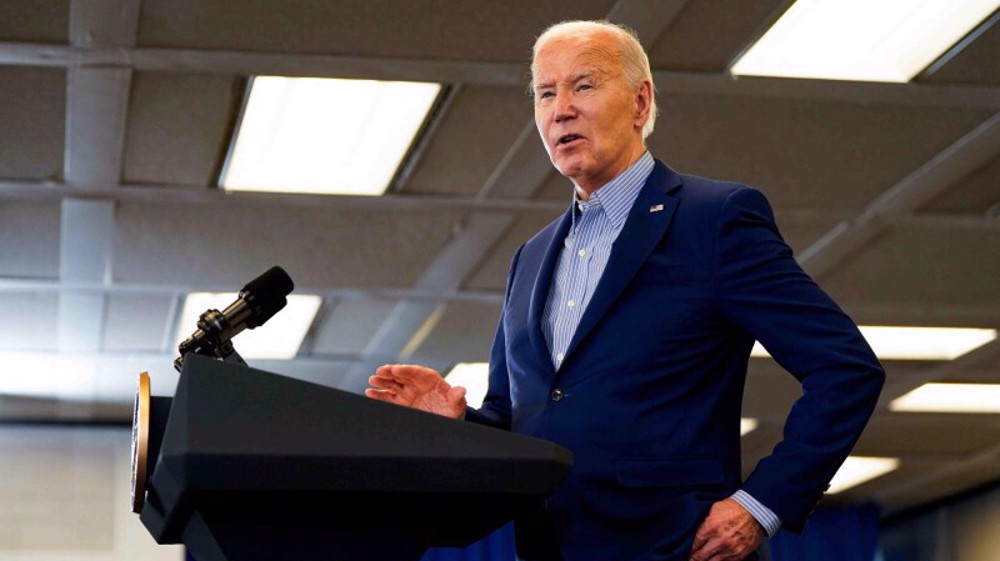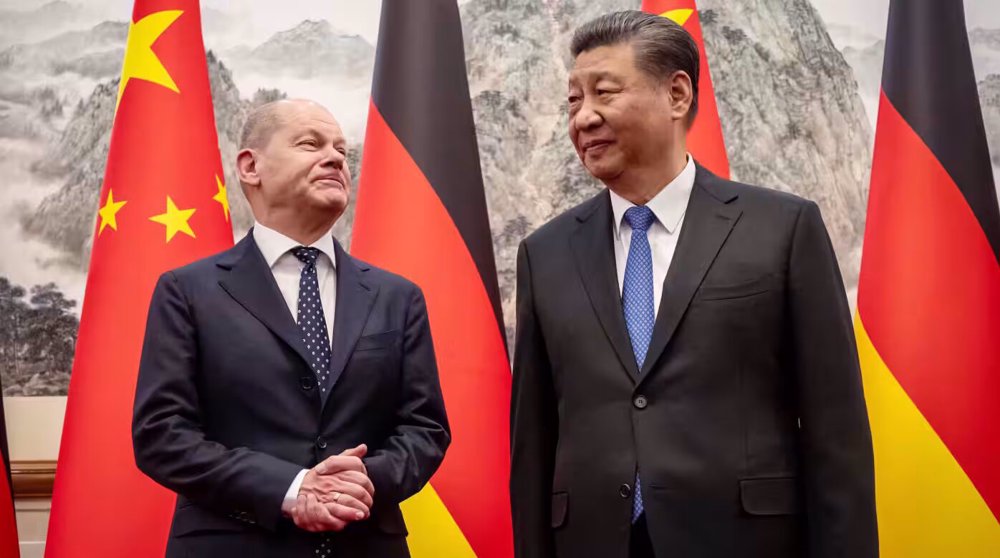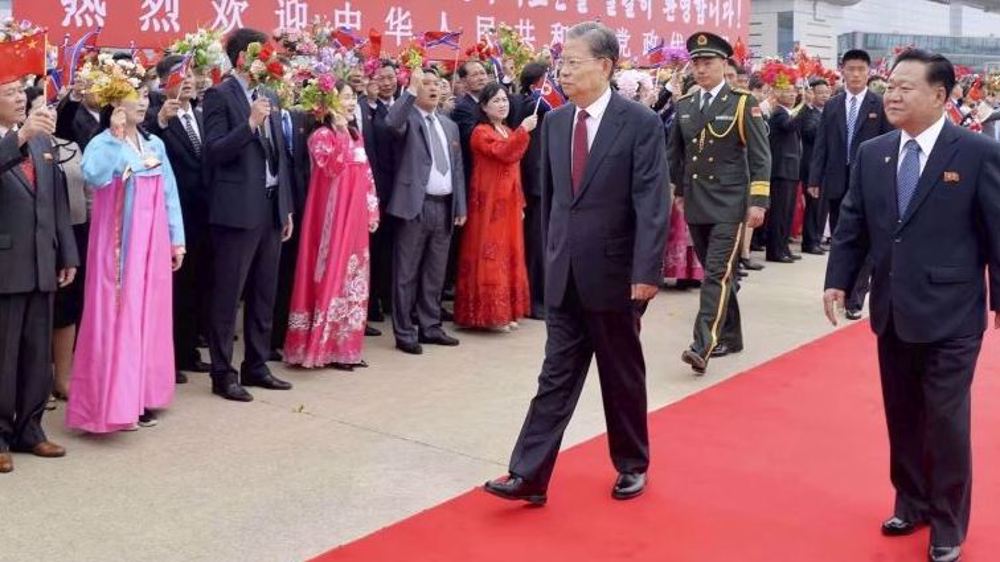China academics expect Trump to pursue 'hegemony' in Asia
An influential government think tank in China says the US will not disengage from Asia and the South China Sea under President-elect Donald Trump and will continue to seek “regional hegemony.”
“There will be no overturning change to US policy in the South China Sea [under Trump],” said Wu Shicun, the head of the National Institute for South China Sea Studies, on Friday.
“China could possibly set up an Air Defense Identification Zone in the South China Sea if the US continues to intensify patrols and low-altitude spying in the region,” he further told reporters in Beijing.
The think tank said in a report on the same day that “absolute control” was the ultimate US military strategy in the South China Sea.

The report referred to construction work the US says China is undertaking to build artificial islands in the sea and said, “From the US perspective, China’s large-scale construction activities in the South China Sea confirmed US suspicion that China intended to implement an anti-access/area-denial strategy.”
China claims sovereignty over almost all of the South China Sea, which is also partially contested by Brunei, Malaysia, Taiwan, Vietnam, and the Philippines.
The US’s military build-up in the region has led to worries of a rising risk of accidental collisions that could spark a consequential wider conflict.
Trump rarely mentioned the South China Sea during his campaign for the US presidency but brought up China and the economic rivalry with Beijing numerous times.

The director of the South China Sea Center at Nanjing University, Zhu Feng, said that the decision to publicly release the report showed that Beijing did not want war with the US and that it preferred to avoid an arms race with Washington in the region.
Last week, the Chinese ambassador to the US had said Beijing and Washington must avoid being too suspicious of each other’s strategic intentions.
The US has long sought to limit China’s maritime influence in the sea by invoking freedom of navigation rights.
The US has been taking sides with several of China’s neighboring countries in their territorial disputes in the busy sea, in which 5 trillion dollars in ship-borne trade passes annually.
China, for its part, views the US’s military presence in the region as an instance of meddling and likely to stir regional tensions.
A patrol by US warships in October was dubbed “illegal” and “provocative” by the Chinese Defense Ministry.
Barbados officially announces recognition of Palestine as state
US Senate reauthorizes surveillance bill despite privacy concerns
April 19: ‘Axis of Resistance’ operations against Israeli occupation
Pro-Palestine rallies spread after students arrested at Columbia University
US to pull out troops from Niger after France: Report
US sanctions on Venezuelan oil ‘violation of human rights’: Iran
VIDEO | Hundreds of students take to streets in Milan in support of Palestine
UN warns hundreds of thousands of Sudanese under ‘immediate danger’














 This makes it easy to access the Press TV website
This makes it easy to access the Press TV website